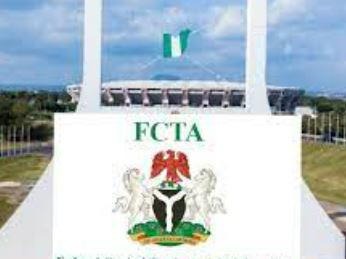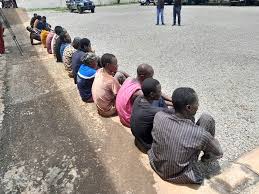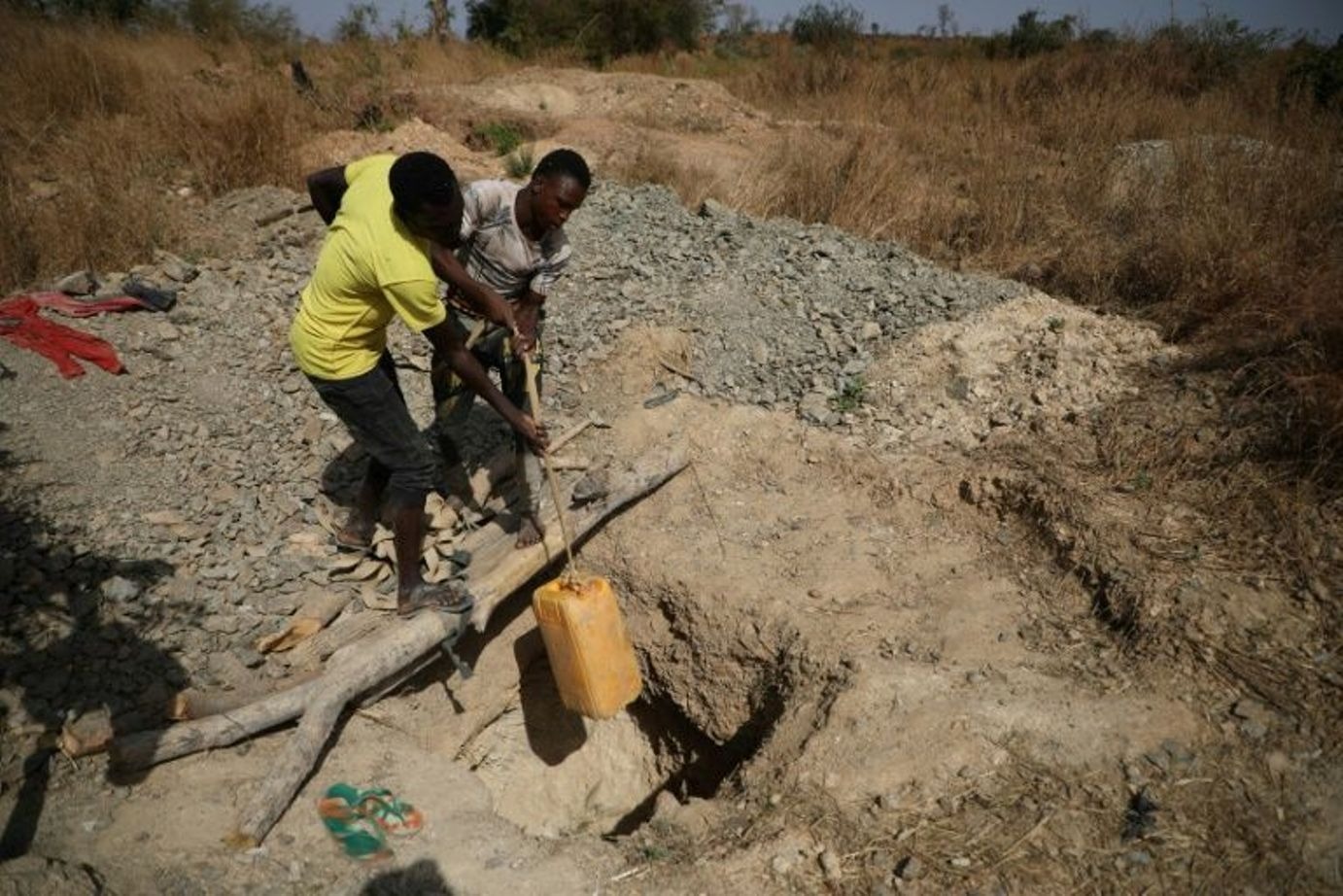On November 25, 2024, Mr Kay was seated in his living room feigning smiles that could not mask his sour mood.
Read Also: Detty December could serve as a model for Nigeria’s nationwide tourism revolution.
The senior citizen, who spent months preparing for his only child’s graduation at the University of Nigeria, Nsukka, had missed out on what could have been a historic occasion.
Reason: He could not afford the cost of his flight, even though he explored options that would fetch him the money for eight weeks.
His last attempt, which was to get in touch with his former student, now an executive at one of Nigerian flag carriers, ended in futility.
While the airline offered him a rebate, which he also couldn’t afford, the retired secondary school administrator was stunned to discover that the flight’s tax alone accounted for more than 40 percent of the airline’s ticket price.
Though fictional, Mr Kay’s story is an accurate example of the challenges Nigerian travellers face due to skyrocketing airfares, made worse by multiple taxations.
Complaints
Before now, airline operators had consistently complained about multiple taxes, claiming it was one of the reasons for the high operational costs and frequent collapses within the industry.
In 2017, for instance, Chief Executive Officer of Nigeria’s largest flag carrier, Air Peace, Allen Onyema, lamented the excessive charges, saying it was affecting domestic carriers’ profit.
“I think there are over 37 of them. There are too many. It has really affected our operations and taken all the gains we are supposed to make,” Onyema told newsmen.
Taxes
Fast forward to 2025, the situation is practically the same, as checks by Saturday Vanguard revealed that domestic airlines pay no less than 16 taxes that include terminal navigation charges, enroute navigation charges, over-flight charges, clearance charges and extension charges.
The taxes, divided into aeronautical and non-aeronautical revenues, Saturday Vanguard learnt, are paid into the coffers of the Federal Airports Authority of Nigeria, FAAN, Nigerian Civil Aviation Authority, NCAA, the Nigerian Airspace Management Agency, NAMA, Bi-Courtney Aviation Services Limited, operator of the Murtala Muhammed Airport Terminal 2.
Peculiar market
Commenting on the situation, Managing Director of Aero Contractors, Captain Ado Sanusi, told Saturday Vanguard that unlike other countries, Nigerian carriers operate in a peculiar environment.
Sanusi, in a chat with Vanguard, said if taxes are reduced, the cost of tickets, which is affecting air travel, will also experience a decrease.
Hear him speak: “It (multiple taxes) does affect airline operational costs. First, you have to understand that the pricing of a ticket is a universal thing. You know, airlines try to recover costs and then make profit. That is how tickets are sold. But we are in a peculiar market where if we increase our ticket price so high to cover all the costs and to make marginal profit, it will make the ticket prices so high.
Number of passengers flying
“If you reduce the taxes, then that means we can reduce the cost of tickets. And when we reduce the cost of tickets, then that means we increase the number of passengers flying because they could afford to fly. If we do that, then we are organically growing the market.
“Our aim is to see that we have at least 10 per cent of Nigerians flying the domestic routes. We are not saying we want 50 per cent of Nigerians to travel, but 10 per cent.
“At 250 million, we just want to see 25 million flying a year. How can we achieve that? By making sure that we bring down the cost of the ticket to the purchasing power of an average Nigerian. The only thing we can do is to reduce our cost.
“And if we reduce our cost, then the ticket prices can come down. The only way we can reduce our cost is to reduce the taxation.
FG’s revenue
“I was surprised to see that the NCAA is one of the top 10 contributors to the revenue of the Federal Government. If I am right, it is about the fourth. I mean, they are contributing over N400 billion a year. Now, if the NCAA is contributing N400 billion a year and the industry is sick, I do not think we should be celebrating.
“I think we should be asking what is wrong. Why is the industry contributing N400 billion on life support? It doesn’t make sense that we contribute so much to the federal government coffers and still there is no very beautiful airport to boast of. There is no very wonderful airline to boast of.
“The average lifespan of a Nigerian airline is usually 10 to 15 years. And most of the airlines are struggling. Bringing the cost down, of course, will change all that.
Unification
“There are 17 taxes and they are documented. All the taxes should be unified. I do not think any tax is not necessary or unnecessary. The taxes should be unified in such a way that when, let us take for instance NCAA, when you pay 5 per cent ticket sales charge, that is all. But you don’t have to pay for inspection, you don’t have to pay for this because you already paid for the ticket sales charge, five per cent.
Cost recovery
“All over the world, aviation is on cost recovery and we are not on cost recovery. So we are definitely doing something wrong. We are not on cost recovery, we are on profit making.
Genuine reforms
“It is necessary to have genuine reforms on the taxation in the aviation industry. Yes, there were some reforms made when VAT was removed on aviation. That is why I said we should do a comprehensive review on taxation in the aviation industry.”
Action
For the Principal Managing Partner at Avaero Capital Partners, Sindy Foster, multiple taxes have become an unending issue in the industry, noting that what is missing in putting an end to the situation is action.
“There is nothing new to say, what remains outstanding is action,”



